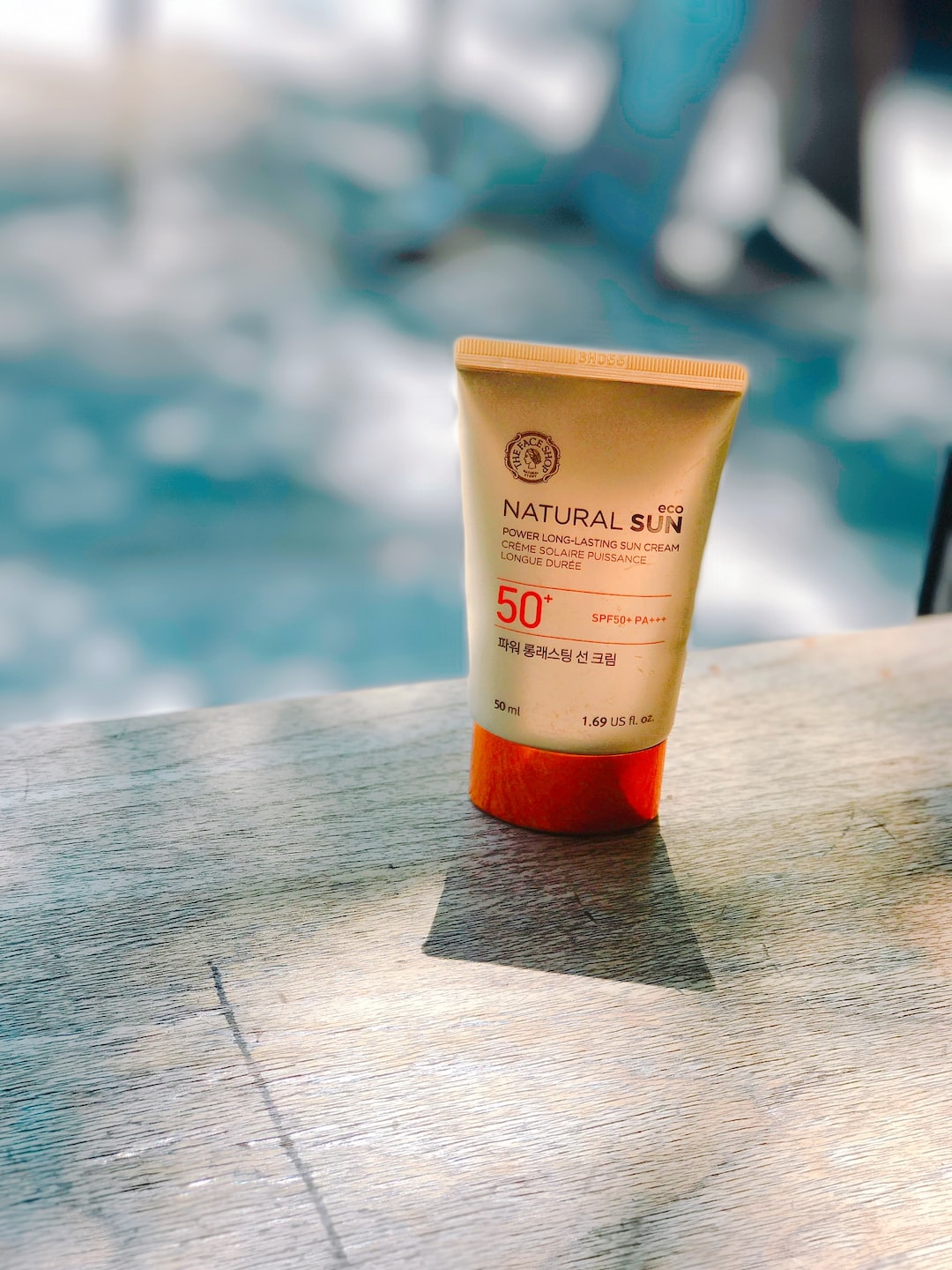The search for the fountain of youth has been an enduring quest throughout human history. In modern times, this quest has taken the form of anti-aging skincare products. These products promise to turn back the clock, rejuvenating our skin and restoring a youthful appearance. But what is the science behind these products, and how do they actually work?
One of the key factors in the aging process is the breakdown of collagen and elastin in our skin. These proteins are responsible for keeping our skin firm, smooth, and elastic. As we age, our bodies produce less of these proteins, leading to sagging, wrinkles, and fine lines. Anti-aging skincare products specifically target this issue by boosting collagen and elastin production.
Many anti-aging products contain ingredients such as retinol, peptides, and hyaluronic acid. Retinol, a derivative of vitamin A, is perhaps one of the most well-known and extensively studied anti-aging ingredients. It works by stimulating collagen production and promoting cell turnover, leading to smoother, younger-looking skin. Peptides are amino acids that serve as building blocks for proteins like collagen. By incorporating peptides into skincare products, manufacturers aim to replenish the lost collagen and elastin, giving the skin a more youthful appearance. Lastly, hyaluronic acid is a substance naturally found in our bodies that helps retain moisture. As we age, our levels of hyaluronic acid decrease, contributing to dryness and the appearance of fine lines. Skincare products that contain hyaluronic acid can help hydrate the skin and reduce the visible signs of aging.
In addition to these ingredients, anti-aging skincare products often include antioxidants. Antioxidants work by neutralizing free radicals, unstable molecules that are produced in our bodies as a result of factors like sun exposure, pollution, and stress. Free radicals can damage our skin’s DNA, collagen, and elastin, leading to premature aging. Antioxidants, such as vitamin C, vitamin E, and green tea extract, help protect our skin from this damage, promoting a youthful and radiant complexion.
It is worth noting that while anti-aging skincare products can provide visible improvements, they are not miracles in a bottle. The results are gradual and require consistent use over time. Additionally, individual results may vary depending on factors such as genetics, lifestyle, and overall skin health.
In conclusion, anti-aging skincare products work by targeting the breakdown of collagen and elastin, boosting their production, and protecting the skin from further damage. Ingredients such as retinol, peptides, hyaluronic acid, and antioxidants play key roles in rejuvenating the skin and reducing the visible signs of aging. However, it is important to remember that no product can completely reverse the aging process. A holistic approach to skincare, including a healthy diet, exercise, and sun protection, is essential for achieving and maintaining youthful-looking skin.

